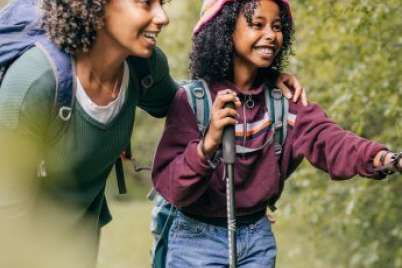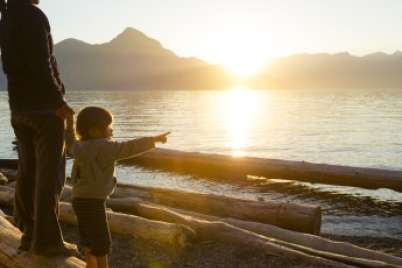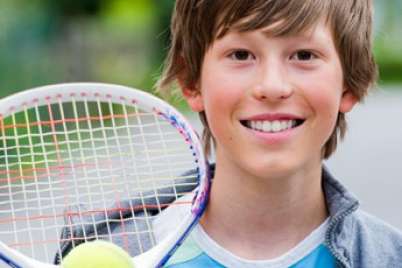
Kids enjoy music and physical activity at The Saskatchewan Music Camps
The Saskatchewan Music Camps are four-day summer camps that started in 2012 as a pilot project for marginalized children and youth, mostly for ages eight through 12, throughout the province of Saskatchewan. Four cultural organizations — the Saskatchewan Choral Federation, Saskatchewan Music Educators Association, Saskatchewan Band Association and the Saskatchewan Orchestral Association — have partnered to put on the summer camps, which are free to all children who attend.
In 2017, the camps were expanded from three to five locations across the province, including Regina, North Battleford, Prince Albert, Yorkton, and Saskatoon.
The Saskatchewan Music Camps
Students are selected by the Dream Brokers in their schools, as the program tries to target those most in need. For more information, contact Shelley Boettcher through the Saskatchewan Choral Federation at [email protected]
Each camp is offered once per summer in each location, and about 60 children register for each session. Registration is offered to children through their schools.
Music is, of course, a big component to each camp, and the kids start their day with plenty of fun music-making opportunities.
“For the first two days, campers rotate through a selection of musical experiences — singing, guitar, violin, world drums, drum kits, trumpet, flute, clarinet, keyboard,” says Denise Gress, Saskatchewan Choral Federation’s executive director.
“At the end of Day 2, campers select the instrument they’d like to specialize on and spend Day 3 learning more about that instrument. On Day 4, rehearsals are held for that afternoon’s concert for family and friends where campers can showcase the new skills they’ve developed.”
Last year, however, organizers decided to create a life skills component (nutrition and food preparation), as well as a physical literacy component based on the Run, Jump, Throw & Wheel program.
The structured physical activity was added after camp organizers noticed that many of the camp’s attendees lacked basic physical literacy skills — how to throw a ball, for instance — because no one had ever taken the time to teach them, says Val Kuemper, the Saskatchewan Music Educators Association’s executive director.
So, on the first and second day of the camps, in the afternoon, camp counsellors get the kids to try various fun physical activities.
“The kids needed a break from the music, and it made sense to have something more structured, and this would fill their time with some really cool things,” says Kuemper, who has been involved with the camps since the beginning.
Perhaps not surprisingly, the kids all loved the opportunity to get active.
“They’d do relay races, small hurdles, throwing beanbags, throwing balls back and forth,” Gress says. “Each child was doing something really basic but they were developing skills: throwing, jumping, running, that kind of thing.”
Organizers are in the process of planning the 2018 summer camps, and it looks likely that they’ll keep the changes that they incorporated last year.
“Running off a little energy is always a good thing,” says Gress with a laugh.
“I think [we] all agreed that it’s an important component to have in there, and we certainly want to keep it.”
It can be hard to measure the success of the physical literacy component of the program, but organizers hope to find out how many of the attendees sign up for further physical education opportunities in school after going through one of the summer music camps.
But it is certainly easy to see how each child’s self-esteem grows while they are attending the summer music camps, explains Kuemper.
“They learn they have a gift,” she says. “You see them bloom and they feel good about themselves.”
That feeling, both Kuemper and Gress hope, is something each student will take with them the rest of their lives.
“We’re just trying to give them a hand up, to show them that there are other things out there that they can do, that could be valuable in their lives,” Gress says.
“It’s about teaching them about things that they can do well and feel good about doing.”





